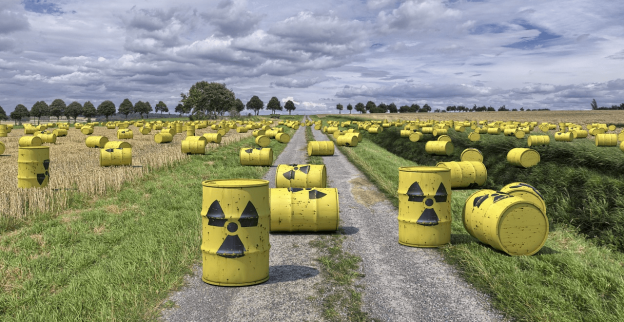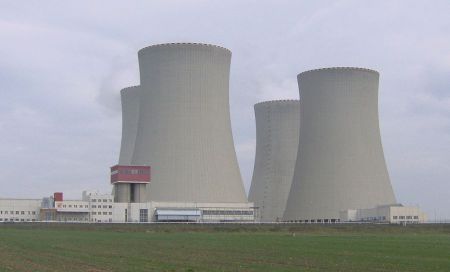Agitations against the Kudankulam nuclear plant broke out in June 2019. Villages around the contentious reactors moved a resolution to put a stop to the government’s plans to construct an Away From Reactor (AFR) facility on the premises of the nuclear power plant. The AFR is a storage unit meant to store spent fuel generated at the two nuclear plants in Kudankulam… While resolutions passed at four villages – Kavalkinar, Vadakankulam, Perumanal and Kudankulam were recorded by district authorities, a similar move in the village of Vijayapathi was stopped. The decision led to protests in the village and was forcefully dispersed by the police. …
A public hearing regarding the AFR scheduled for July 10, 2019 was recently postponed indefinitely. A look at the circular shows that only two villages were invited – Kudankulam and Vijayapathi. Activists allege that this was an intentional attempt to shut down dissent against the proposed facility.
The resolutions included – opposition to collection of nuclear waste in Kudankulam, demand to stop construction of an AFR facility and demand to permanently shut down the plant. Opposition parties and activists had urged the Centre to come out with a detailed plan for setting up a permanent deep geological repository and drop the plan of a proposed Away From Reactor facility. “This entire exercise is meant to create storage for spent fuel and an AFR is only a temporary solution till the government finds land to build a deep geological repository,” explains Sundarrajan. “But across the country, no state is ready to risk giving land for permanent disposal of nuclear waste. So, residents fear that this will used as an excuse by the government to make the AFR a permanent storage space.”
Excerpts from Priyanka Thirumurthy , Protests break out in TN village over proposed facility in Kudankulam nuclear plant, the newsminute.com, June 29, 2019


